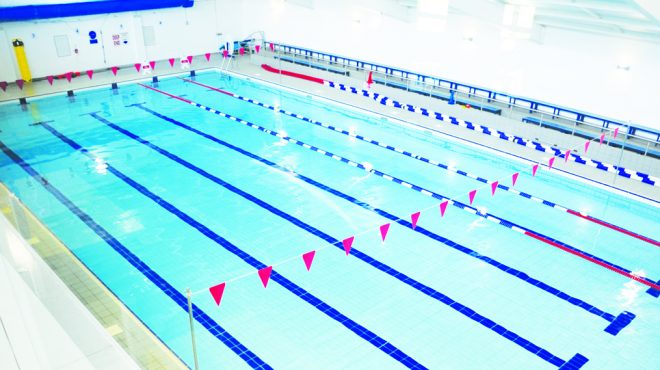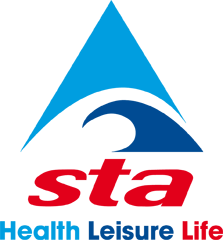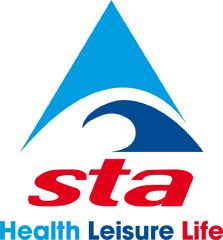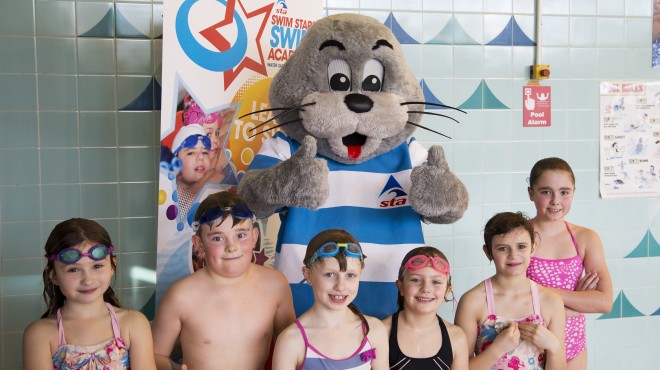Faecal Release in Public Swimming Pools – Action Needed

Last Summer, STA was alarmed by news that British holidaymakers were deliberately defecating in pools (mimicking a scene from the most recent Inbetweeners film) at various holiday destinations in Europe; but as we approach the main holiday season, it seems the problem known as ‘logging’ hasn’t gone away with news just in that another incident has happened in Egypt and several people are reported to be seriously unwell as a result.
The threat to bathers from the spread of bacteria via these actions is colossal and STA strongly recommends that British Holidaymakers cease this craze of ‘logging’ in pools.
This activity is deplorable and the culprits should be dealt with severely by both the holiday operator and the hotel management.
To understand the potential risk to innocent bathers of this revolting new craze, it is important to distinguish between dangerous and non-dangerous organisms.
The Risks?
Firstly, it is important to note, a solid stool is a sign that no infectious organisms are present. Loose or smeared faecal releases are the forms of stools that cause Pool Plant operators the biggest potential risks of serious infection.
When loose or smeared faecal release occurs in swimming pools or water parks, a number of organisms can be introduced. Even non-infective organisms can place a burden on the pool plant efficiency, increasing the volume of chemicals required and the time it takes to return to acceptable water quality standards.
Let us look at the organisms that could be introduced and possible scenarios that could present risks to bathers:
- Cryptosporidium, a unicellular protozoa which can have serious gastro intestinal implications. This parasite can produce severe Diarrhoea and dehydration resulting in serious illness. As a matter of interest, infection is often put down to poor food hygiene, when often the source is from the pool. This parasite is extremely resistant to normal disinfectants used i.e. chlorine-based. In turn, this requires pool closure often up to a day. This organism is normally taken in by oral ingestion as the eggs tend to float.
- Giardia, very similar organism to Cryptosporidium and the symptoms include severe Diarrhoea. It’s resistance to chlorine disinfection is not as strong as Cryptosporidium.
- Total Coliforms can increase their presence in swimming pool water after defecation via a loose runny stool. This has the potential to increase gastrointestinal problems for bathers if water containing these Coliforms is ingested by bathers. Remember these Coliforms cannot be seen by the human eye and could still exist hours, even days, after release by the bather. Escherichia coli “E.coli” is one of these Coliforms that exist within our faeces, and if contracted symptoms can range from mild gastroenteritis to severe bloody diarrhoea.
- Other virus such as Enterovirus, Adenovirus, Shigella and other viral and bacterial enteric pathogens can all be transmitted via fouling in public pools.
- Pseudomonas Aurigonosa is not normally associated with faecal release, however, poor hygiene of the pool tank and associated plant can cause skin infections and in extreme cases blindness.
Action Required
Along with tourists and holiday makers we want to ensure everyone enjoys their holiday abroad this summer. We do not want holiday makers to suffer these symptoms, especially from a preventable occurrence such as deliberate defecation in pools.
As a minimum Holiday Operators/Hotels/Pool Operators need to:
- Impose significant sanctions on culprits
- Provide good signage, informing of the implications of such actions, including uncontrolled faecal releases in pools, water features etc.
- Ensure guests shower before entering the pool
- Remind guests not to go swimming within 48 hours of being unwell
- Enforce a double nappy or swim nappy system for babies
- Provide adequate, clean nappy change stations, with cleansing beds etc. next to the pool
- Rigorously test pool water for chlorine and pH
- Ensure staff have an acceptable EARP for liquid stool events.
- Categories
- Pool Plant



